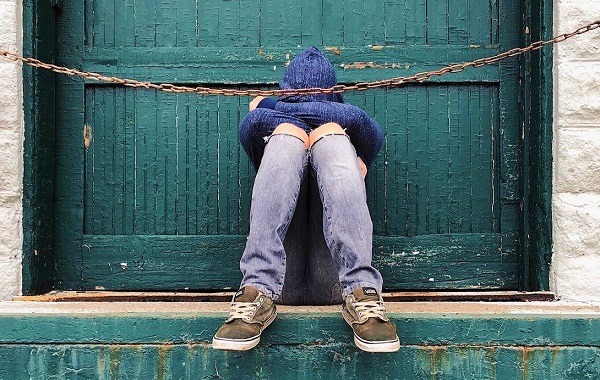
We all get angry from time to time. And sometimes teen anger is just part of growing pains.
It isn’t “bad” to be angry. Now, some behaviors that are the result of being angry can be “bad,” but it isn’t the anger that’s “bad.”
The same thing goes for children. Of course, children get angry — they’re humans, and sometimes other people (especially other children) or situations can just make them MAD.
As parents, we must instruct our children what appropriate behavior is in the face of teen anger. It’s a concept that a lot of adults have a problem with so starting early is a good idea.
The key to solving the conflict with an angry kid like your daughter is to understand what she really wants and give it to her. And what an angry child really wants may just surprise you. Transforming an Angry Kid with R.E.S.P.E.C.T.
An angry kid either wants greater control in their life or respect from their parents (and often times both!). The more respect you give your child (especially children approaching the teenage years), the more respect they will give you.
I discovered this method that used the word R.E.S.P.E.C.T as an acronym to give you some commonsense parenting tips that can solve the conflict in your home quickly.
R – Respect Your Child
Always treat your child, as you want to be treated. This is sometimes easier said than done but essential to your success. Children model what they see. Even if your child showed teen anger and provoked you, falling into parenting traps such as yelling only teaches your child to lash out and disrespect you more.
The simplest way to determine if you are being respectful is to ask yourself: “Would I use this tone and say what I am saying to a friend or acquaintance?” If the answer is “no” (and you’re pretty sure that they would recycle you for a new friend), it’s time to change your tone.
E – Expect Respect in Return
We always treat children how to treat us. When children are disrespectful it is important to respond in a respectful but firm way that let’s them know you will not be walked over. Say something like, “I can see you are angry right now. I am happy to listen to you once you use a respectful tone with me.
When you change your tone come and get me as I really want to hear what you have to say.” If they continue being disrespectful, keep your mouth shut, walk away and wait for them to come to you in a respectful manner before discussing any further.
S – Support Your Child
Support your child by having enough faith in their ability to learn from their mistakes. Refrain from “I told you so” comments and don’t spend a lot of time (if any) pointing out what they did wrong.
Once things have calmed down ask them “How did that work for you?” “What did you really want?” and “How could you make it better next time?”
P – Positive Attitude
Remaining positive helps more than we often know to keep the atmosphere in our home supportive.
Do what you need to do to keep yourself positive by getting enough sleep (sleep deprivation can turn us into a raving Godzilla), do things you love to do and spend quality fun time with each of your children.
E – Encourage A Cooling Off Period
Continuing a fight while you are angry will never solve a fight. When feeling angry always take a short cooling off period so you don’t escalate the fight and say something you will regret later on.
C – Create Family Rules for Fighting
When things are calm, create family rules for fighting and post them in special places around the house (even put one in your wallet and in the car). Include the following: what each family member will do during their cool down period to make themselves feel better, an inspirational oath or prayer that you agree to read out loud after every one has cooled down (before discussing the issue) and specific ways each of you will listen to one another. To get best results create this document as a family.
T – Train Your Child
Good parenting means taking the time to show your kids how to do things on their own. Give them more responsibility over time. With a hectic schedule, it can be easier and quicker to do the task for your kids rather than taking the time to teach them how to do it for themselves. Training is what gives our children a chance to develop essential life skills, gain self-confidence, and ultimately feel respected.



